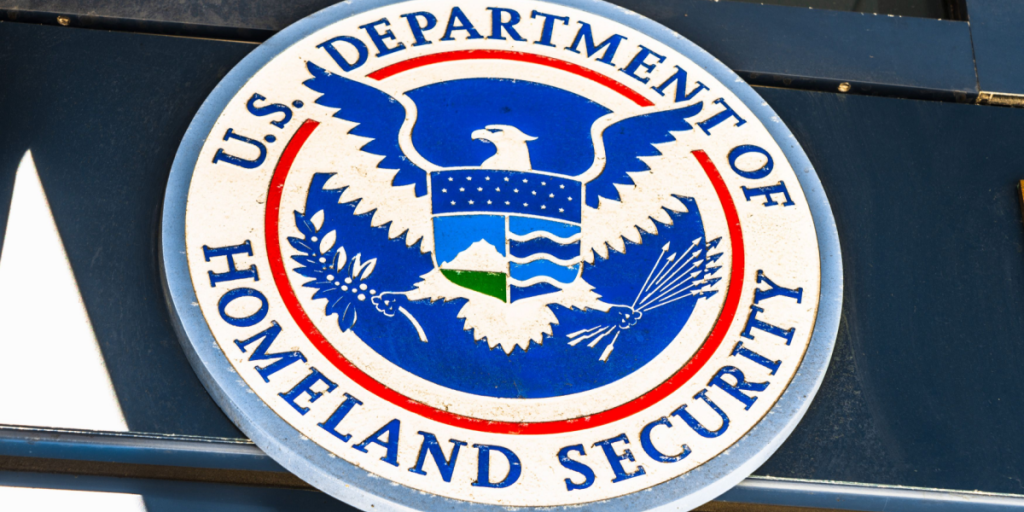The goal is to “institute accountability”.
Others are reading now
The US Department of Homeland Security (DHS) has unveiled a new $1,000 fee for immigrants granted parole into the United States, a move officials say is designed to boost accountability and reduce widespread abuse of the parole process.
The fee, which took effect on October 16, 2025, will apply to individuals seeking temporary entry or stay under specific immigration provisions.
According to DHS leaders, the initiative represents a return to stricter enforcement and oversight across the immigration system.
Greater responsibility
According to a statement from the DHS, the new policy follows claims that prior administrations weakened immigration controls and allowed large numbers of unvetted individuals to enter the country.
Officials argue that requiring payment will ensure greater responsibility among those seeking entry.
Also read
Assistant Secretary Tricia McLaughlin emphasized in a press release, that the measure is intended to ensure that foreign nationals, who wish to say in the United States, “have skin in the game” and to prevent the parole system from becoming what she described as a “backdoor amnesty program.”
How it will work
The new $1,000 charge applies to all parole cases authorized under Section 212(d)(5)(A) of the Immigration and Nationality Act. This includes initial parole grants, extensions, parole in place, and releases from DHS custody—unless the applicant qualifies for one of ten statutory exemptions.
In practice, this means any parole granted on or after October 16, 2025, will be subject to the fee, even if the request was filed before that date.
DHS clarified that this distinction ensures applicants only pay if their parole is granted, thereby aligning the financial responsibility with the benefit received.
The collection of the fee will fall under the purview of three major DHS divisions: U.S. Customs and Border Protection (CBP), U.S. Immigration and Customs Enforcement (ICE), and U.S. Citizenship and Immigration Services (USCIS). Each agency will be responsible for implementing the payment process as part of its parole operations.


